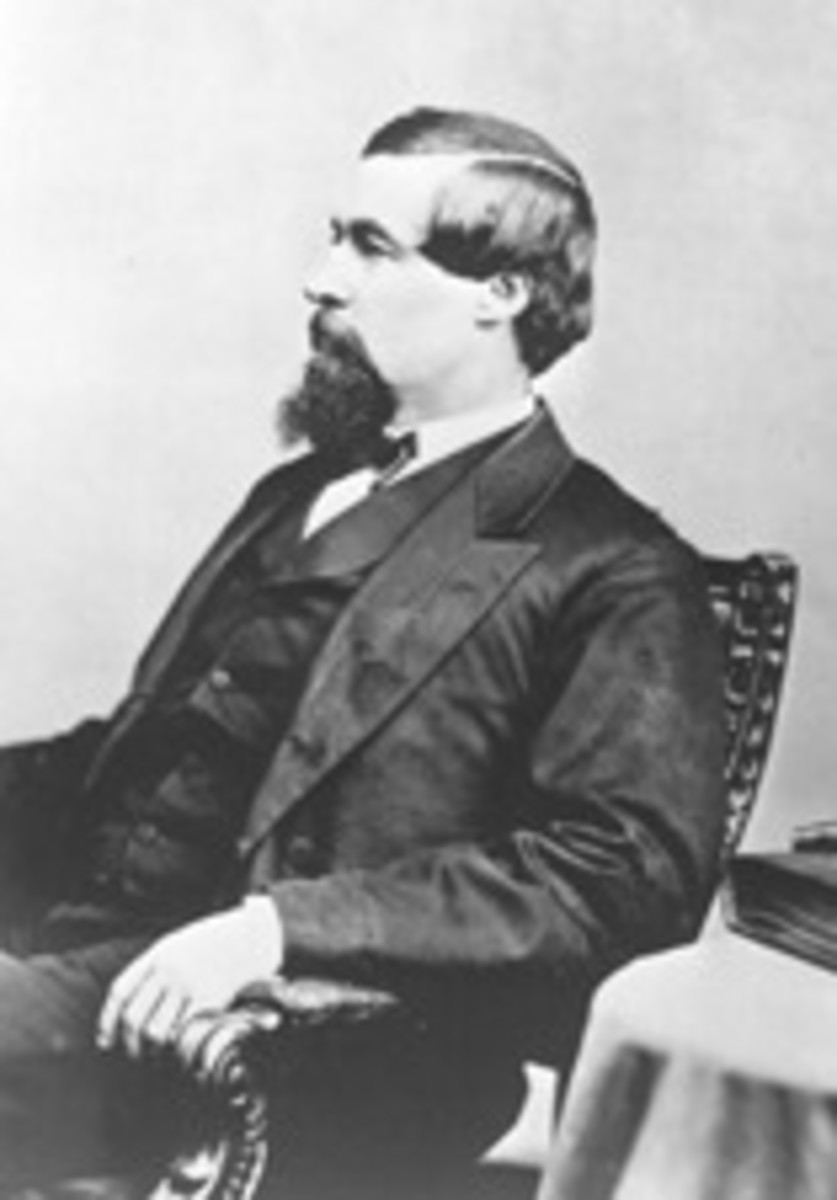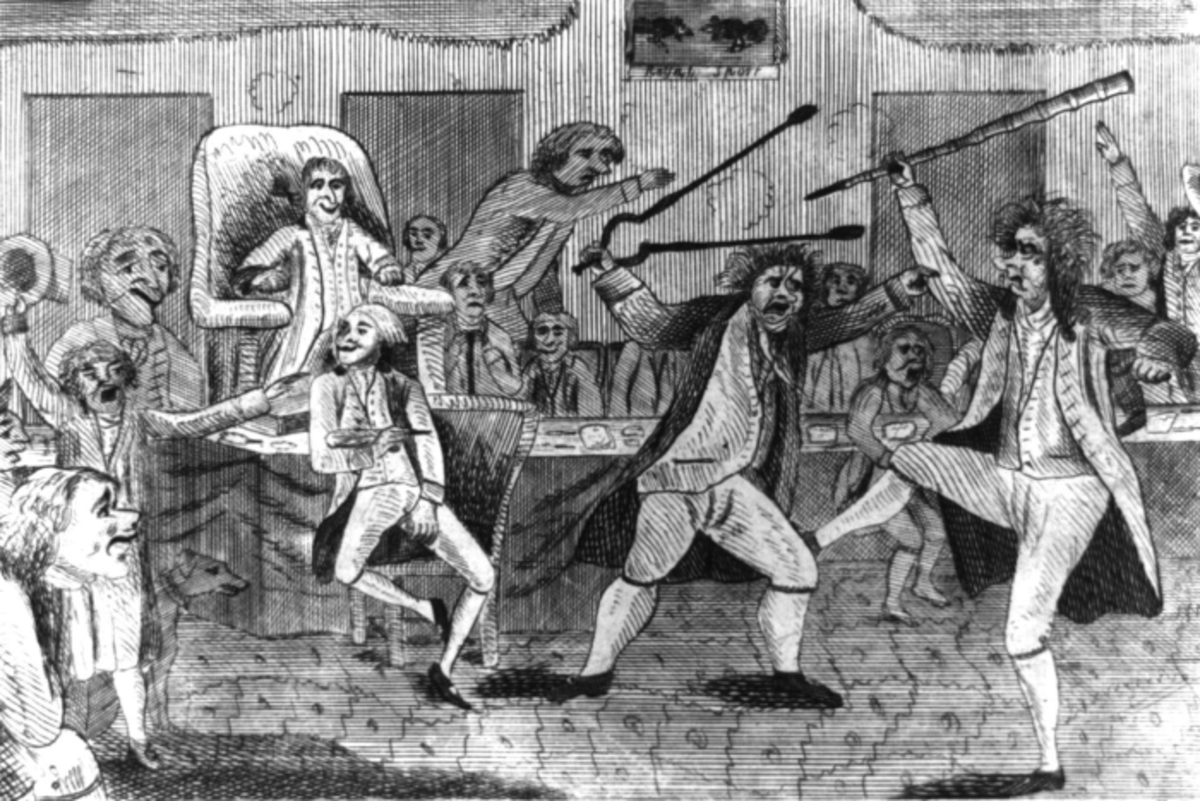Harry Reid Filibuster Deal Debacle

On January 24, 2013, the US Senate voted 78-16 for a two-year filibuster deal.
While Senate rules allow for simple majority votes on rules changes on the fist day of each new Congress (on or about January 3), Senate Majority Leader Harry Reid (D-NV), and Minority Leader Mitch McConnell (R-KY) instead spent a spent at least three weeks negotiating a filibuster reform deal that - aside from inconsequential mechanical procedures - amounted to little more than a handshake deal to behave. Specifically though, there was language inserted limiting partisan tactics on confirmation votes of nominees.
Leap forward only a few weeks, and Secretary of Defense nominee Chuck Hagel cannot even garner a confirmation vote, as the cloture-motion vote to bring the confirmation vote to the Senate floor (yes, really) failed 58-39. As Republicans deny their own unprecedented filibuster move, we are left to ponder the state of Congress - and their great ascendance to an whopping 15% approval rating.
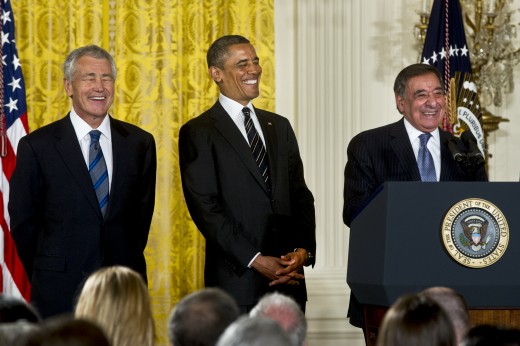


While I am honestly none too familiar with Hagel, and his nomination hearing was indeed a pitiful display - John McCain had actually defended Hagel in the past and stated specifically that the man was specifically and uniquely qualified for a cabinet-level position. Hagel is a Republican. He was a Senate colleague of many of these people only a few short years ago.
What sort of precedent does the Hagel confirmation set? Are Presidents no longer allowed to name their own cabinet? Does the minority party now have a permanent block on all nominations? What is the point of holding an election if the results do not matter?
That being said - I refuse to blame the Hagel debacle on Harry Reid. While filibuster reform could have denied these shenanigans - I refuse to blame the rules for the bad behavior of individual Senators.
The Constitution was very specific in the number of votes necessary in order to do certain things. The Constitution did not set a 60-vote threshold in the Senate.
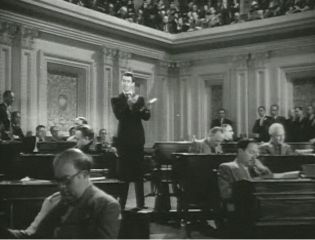

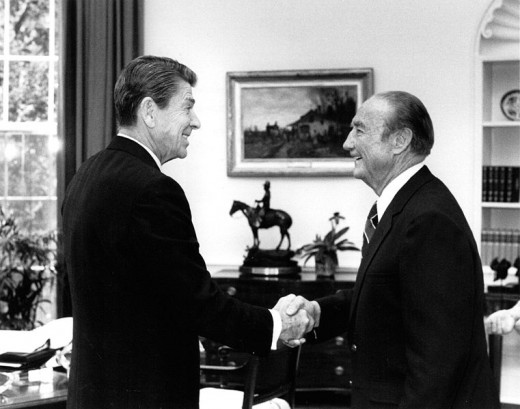
We all can recall Mr. Smith Goes to Washington - where Jimmy Stewart's character stands before Congress and pleads his case for hours and hours on end. In 1957, Strom Thurmond conducted the longest filibuster at more than 24 hours in opposition of the Civil Rights Act.
While Thurmond may have been a despicable individual, at least he stood his ground for what he believed in for all of the world to see. Nowadays, staff-aides of Senators e-mail filibuster threats at midnight so that nearly everything gets bogged down in committee and never realizes an actual vote.
For a bit of historical context, though created in 1837, the filibuster was never used by a given Congress more than ten times until the 96th Congress of 1979/80. Never used more than 60 times until the 2000's. But since the start of the 110th Congress (2007/08) we have seen 130+ filibusters as the new norm.
If these people really believe in what they are doing - then they should have to stand up and show their faces to the country. We should restore the talking filibuster - at least.
2/20/13

